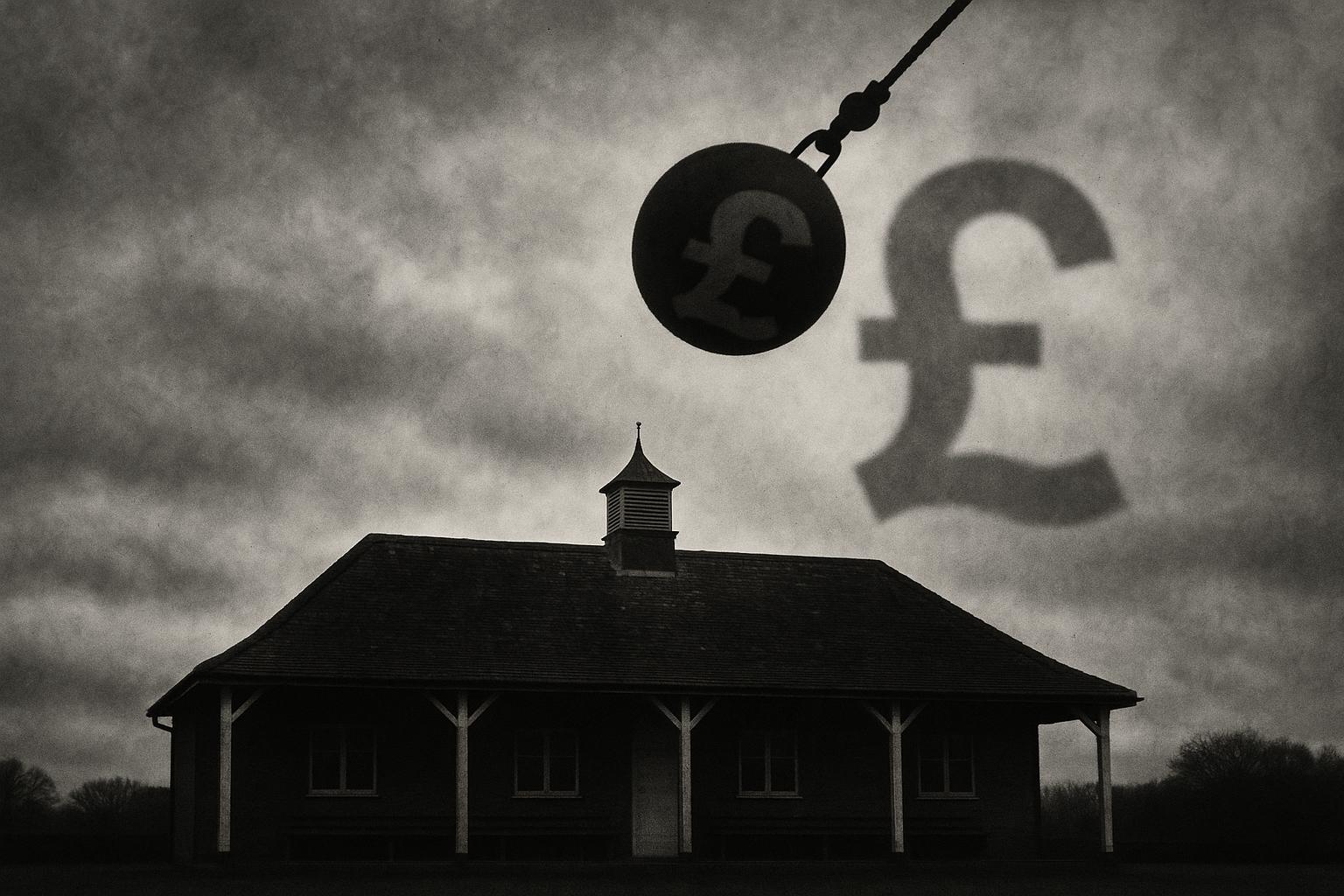Middlesex County Cricket Club is in advanced talks with two international investment groups over a funding package that would allow the county to develop a permanent playing and training base away from Lord’s, while continuing to stage the majority of men’s matches at the historic ground. According to The Guardian, Uxbridge has emerged as the preferred site and those involved in discussions say a final decision could be reached by the end of the year.
The proposals under consideration are not presented as mutually exclusive, with the club understood to envisage a model that preserves its long-standing tenancy at Lord’s for around 70% of men’s fixtures while establishing a complementary home and training hub in west London. Middlesex have been pursuing external investment for roughly 18 months and, in February, appointed Oakvale Capital to conduct a review of ownership and strategic options.
That review appears to have shaped the club’s preferred path: rather than pursue outright demutualisation or a sale that would transfer control to private owners, Middlesex have been seeking a partnership structure that keeps member ownership intact while bringing in capital and sporting expertise. Sky News has reported that Oakvale was engaged specifically to explore strategic alternatives, and that the move sits in the wider context of counties seeking long‑term financial sustainability after recent franchise-level sales in the Hundred.
Interest in Middlesex has reportedly come from a variety of global groups already active in sport, including organisations linked to the NFL and representatives of the Indian Premier League. The club has been explicit about favouring investors with an established track record in sport over traditional private equity, and some US-based funds are understood to have been rebuffed as a result.
Any plan to increase the volume of matches outside Lord’s is being negotiated against the backdrop of a changing fixture landscape at the ground itself. Middlesex are in active discussions with Marylebone Cricket Club to extend a 12‑month lease that expires this summer, although the financial terms remain to be agreed. The MCC has made clear it intends to maintain a landlord‑tenant relationship with Middlesex that stretches back to 1877, but the availability of Lord’s is under greater pressure as the venue expands its international and domestic commitments—most notably a historic women’s Test in 2026 and the MCC’s new role running professional sides in the Hundred.
The commercial dynamics around the Hundred are a key part of that pressure. Media reporting has described a Silicon Valley‑led consortium—the so‑called Tech Titans—agreeing a very large minority purchase in the London Spirit franchise, with published figures varying between sources. Sky News reported the consortium paid around £145m for 49% of London Spirit, valuing the franchise at about £295m, while other accounts have cited a broadly similar six‑figure headline sum. The consortium’s backers are reported to expect greater access to Lord’s in return for their investment, a demand that would compete for dates with county fixtures.
Those commercial shifts help explain why Middlesex have increasingly relied on outgrounds this season. The club has staged fixtures at Radlett, Merchant Taylors’ School and, on occasion, at Chelmsford for T20 matches—moves that, while sometimes commercially prudent, have provoked frustration among some members when traditional home dates could not be accommodated at Lord’s. Middlesex’s published fixtures for 2025 confirm continued reliance on Lord’s for the bulk of Championship matches alongside scheduled games at outgrounds.
Parallel to the search for a men’s home, Middlesex have already begun a major investment in women’s and girls’ infrastructure. The club is developing a new hub in Brentford, at the Swyncombe Avenue sports ground acquired from GSK, with work funded in part by the ECB’s Strategic Urban Fund and Grass Pitch Improvement Fund. The facility is being equipped with a fine turf square, irrigation and drainage and is scheduled to be ready in 2026 to coincide with the ICC Women’s T20 World Cup; the club has emphasised community access and pathways to elite performance.
The choices before Middlesex are therefore both financial and constitutional. Industry reporting has flagged the possibility that the club’s governance model could be re‑examined as part of a longer strategic plan, but any move away from mutual ownership would likely face close scrutiny from members. Those negotiating the investment say the aim is to secure long‑term stability and improved facilities while preserving the club’s historic identity. Middlesex declined to comment on the negotiations when approached.
📌 Reference Map:
##Reference Map:
- Paragraph 1 – [1], [2]
- Paragraph 2 – [1]
- Paragraph 3 – [1], [7]
- Paragraph 4 – [1], [7]
- Paragraph 5 – [1], [5]
- Paragraph 6 – [6], [1]
- Paragraph 7 – [1], [3]
- Paragraph 8 – [4], [1]
- Paragraph 9 – [7], [1]
Source: Noah Wire Services
